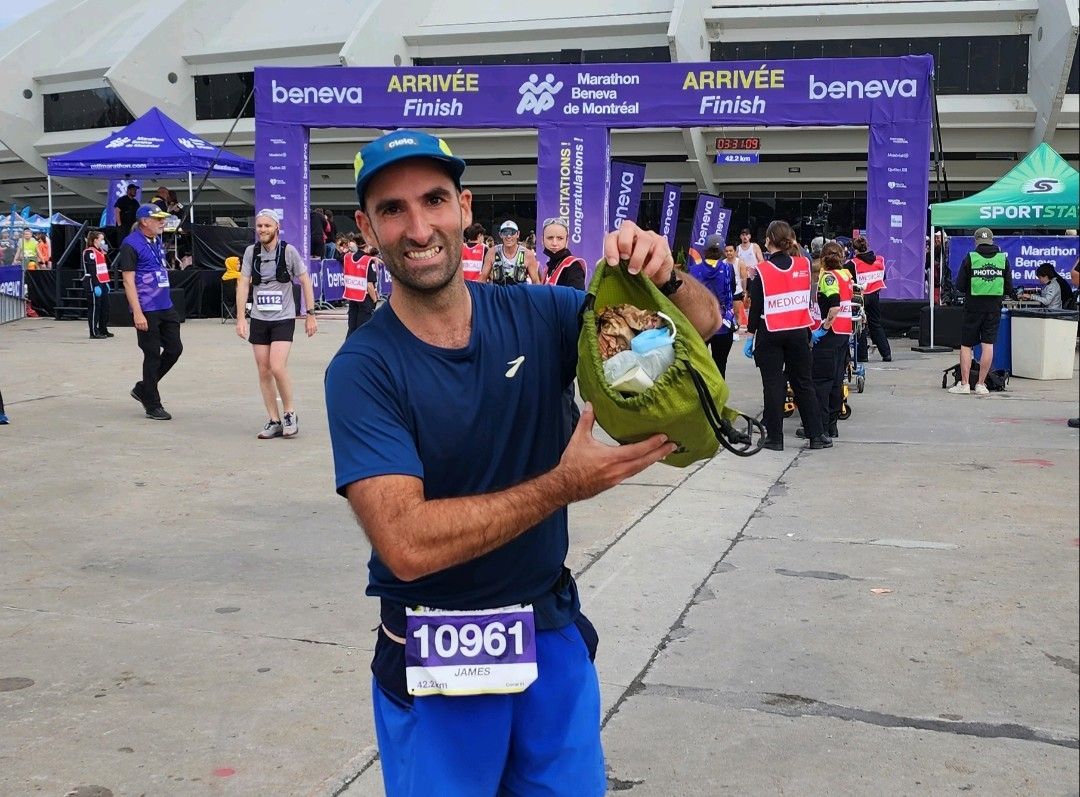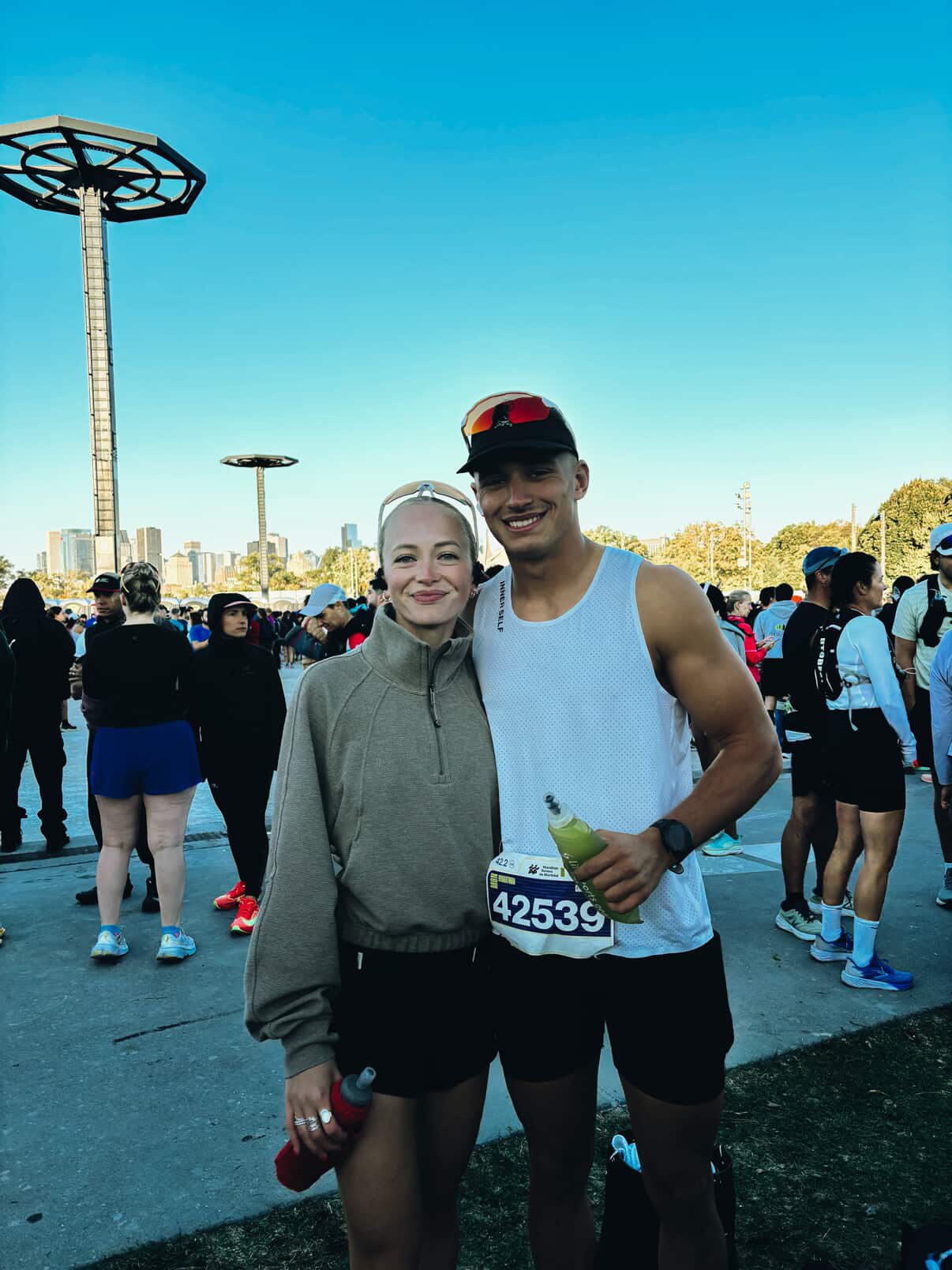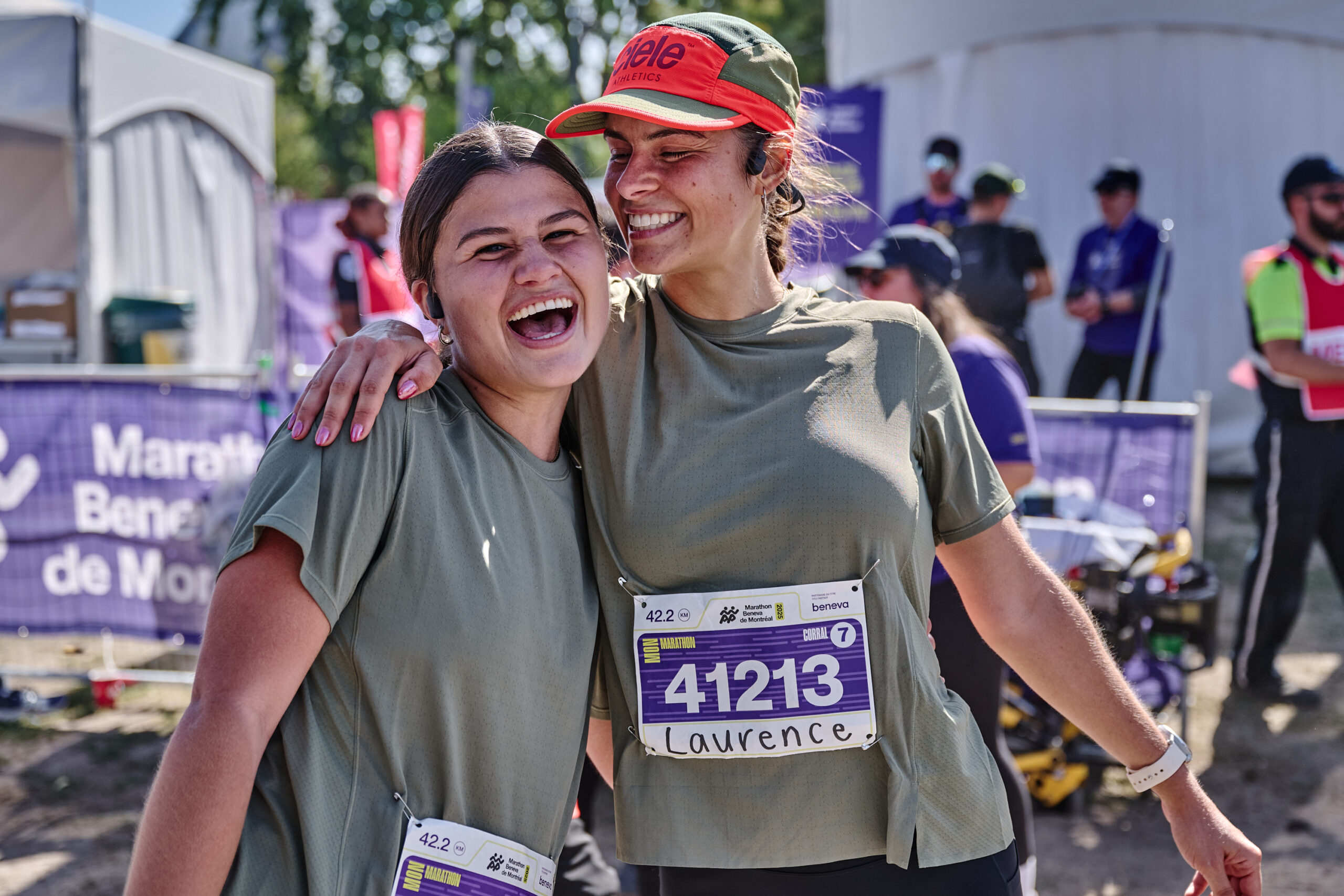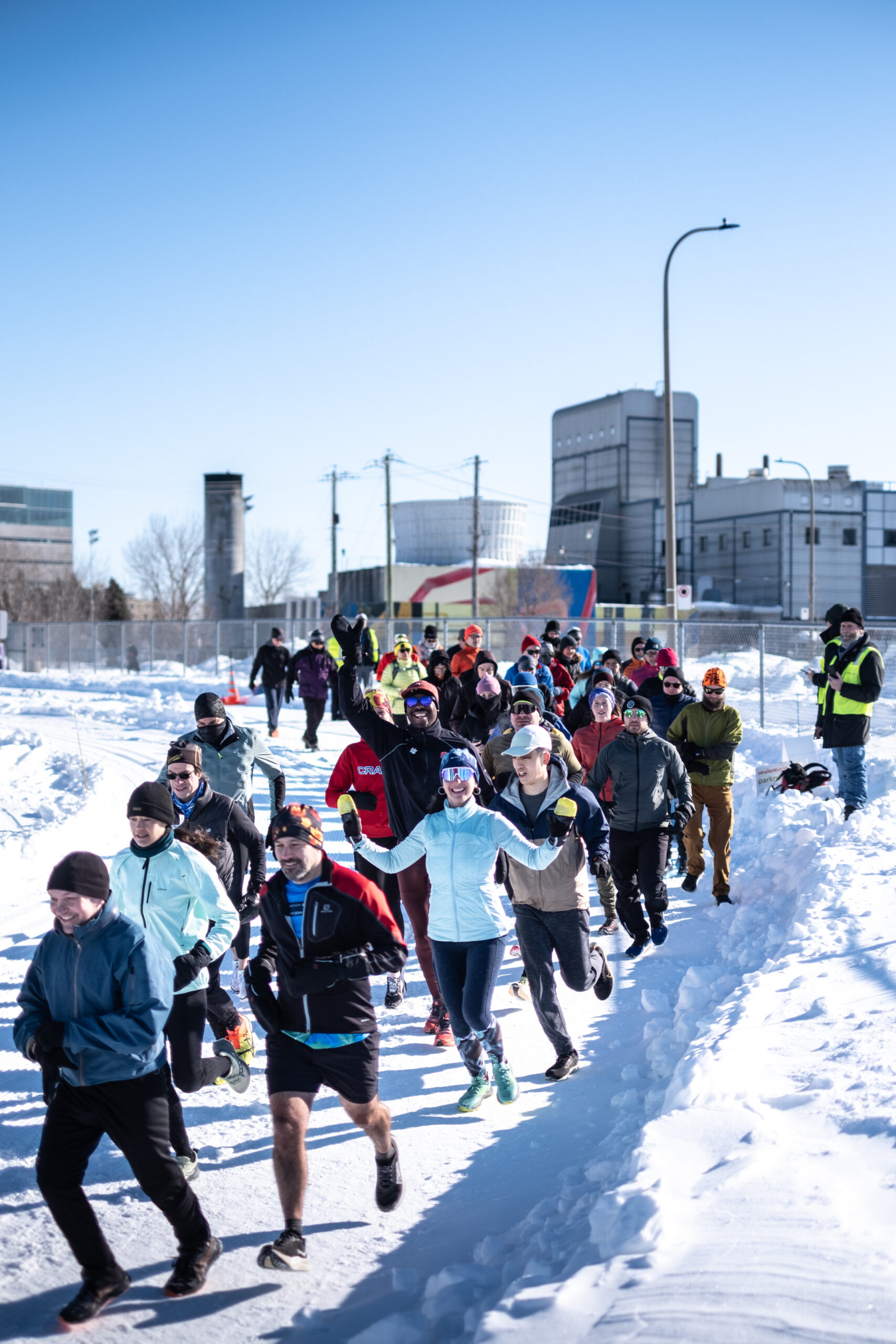Plogging in Montreal: Meeting James Guilbaud, Pioneer of Eco-Running

The term “plogging” was born in Sweden in 2016, combining “plocka upp” (Swedish for “pick up”) and “jogging.” This eco-friendly activity of collecting trash while jogging has quickly spread worldwide, including Montreal, where James Guilbaud has become one of its most passionate ambassadors.
The Origins of Montreal Plogging
As the movement was just taking off in Europe, James Guilbaud discovered this practice in France eight years ago, running with a group called «Run Eco Team.» When he moved to Montreal six years ago, he had already caught the plogging bug and naturally continued this practice in his new home city.
«From my very first outings, I started picking up one or two pieces of trash while running. It can make a huge difference if you do it on every run,» explains the man who has become one of Montreal’s plogging pioneers.
A Mission That’s Gaining Momentum
What began as an individual gesture quickly transformed into a collective movement. In 2019, James organized his first major event, which collected an impressive 278 kilograms of waste in just one hour.
Since then, he has been coordinating the annual “Ploggaloop” in partnership with La Boutique Courir and Brooks. The concept is simple yet effective: participants are divided into groups that follow different routes around Parc Lafontaine.
«We do five loops in an hour. We establish 4-5 different routes, with the same number of kilometers and people per group. At the end, we weigh the trash collected by each team to identify which areas of the park are most affected,» James explains.
The results speak for themselves: last year, participants collected nearly 400 kilograms of waste. For 2025, the goal is to reach 500 kilograms, thanks to growing participation.
Mapping Urban Pollution
Alongside these events, James also took on an ambitious endeavour: traveling “12 streets in 12 months” across Montreal, from end to end, to identify the most problematic areas.
«Rue Saint-Paul has emerged as one of the most trash-sensitive areas, which is particularly concerning due to its proximity to the St. Lawrence River. Trash abandoned there is likely to end up in the river and affect biodiversity,» he notes.
A Commitment Beyond Collection
For James, plogging goes far beyond simply picking up trash. It’s also a platform for education and awareness.
«During events, we have one or two people per group who focus solely on collecting deposit-return cans and plastic bottles. These items have monetary value, so we bring them to Consignaction to redeem them and donate the funds to associations.»
He also uses these gatherings to educate participants about new sorting guidelines: «People are often confused about what can go in the blue bin. For example, type 7 plastic is a mixture that pollutes a lot, but some people think it’s compostable.»
A Network of Committed Partners
On April 15, James will give a talk at La Boutique Courir to present the various partners in his initiative and their contribution to a more sustainable lifestyle.
Among them, Sneakers Impact plays a central role: «They recover used shoes that would normally end up in a landfill. Depending on their condition, they’re either redistributed to Maison du Père, sent to Guatemala for a second life, or recycled by extracting different materials for upcycling.»
Brands like Brooks, ON, and Salomon also participate in this approach by allowing runners to test their shoes over several kilometers before purchasing. «It’s more sustainable than buying online and potentially ending up with shoes that don’t fit and eventually get thrown away,» James points out.
Run In Montreal, La Boutique Courir, and Brooks Running have been partners of James’s event since its very beginning.
A Lasting Impact on Participants
One of James’s greatest satisfactions is seeing the transformative effect of plogging on participants’ habits: «Since these events began, people who participate notice trash more in their daily lives. Some now incorporate plogging into their regular outings.»
During the pandemic, James even collaborated with Run In Montreal to organize challenges and encourage runners to adopt this practice.
Towards More Responsible Running
A runner himself (he’ll be participating in the Montreal 21K half-marathon), James dreams of even more eco-responsible running events: «I’d prefer if people stopped throwing away their snack wrappers or energy gel packets. The ‘Leave No Trace’ principle should be the norm. At events, I’d also like to see fewer disposable cups and more water fountains with reusable rigid cups.»
His final message is full of hope and pragmatism: «We all have our part to play, each in our own way. The more I plog, the more awareness there will be. Some runners, for example, choose to participate only in local races to reduce their carbon footprint.»
One thing is certain: thanks to passionate individuals like James Guilbaud, plogging is now firmly established in Montreal’s sporting and environmental landscape, transforming each stride into a concrete gesture for a cleaner city.
Save the Date!
Becoming a More Responsible Athlete Conference
April 15, 2025 | 7PM | La Boutique Courir (4450 Saint-Denis Street) | Free
Concrete solutions and meetings with committed partners.
PLOGGALOOP 3 – Target: 500kg!
April 27, 2025 | 9AM-11:30AM | Parc Lafontaine (Rachel corner) | Free
Run and collect trash as a team. Last year: 400kg collected in 1 hour.
Open to all: runners, walkers, families.
Note that the Ploggaloop will be held the day after the Montreal 21K! A perfect opportunity for half-marathon participants to stretch their legs while contributing to an environmental cause, or for supporters to experience the community spirit of running in a different way.
«Because yes, changing the world begins with a first step… and picking up that first piece of trash.» – James Guilbaud
Published on 04/22/2025
CATEGORY Organization



